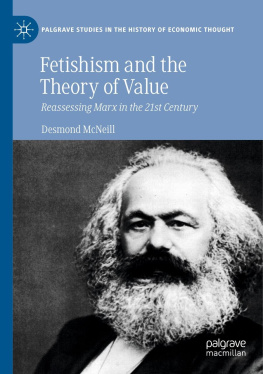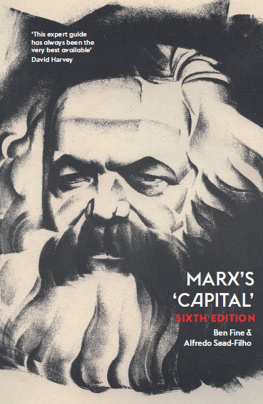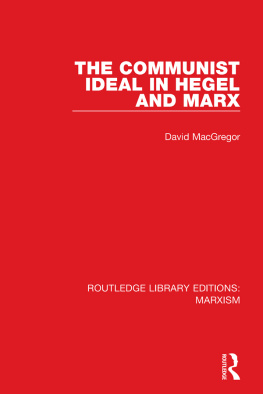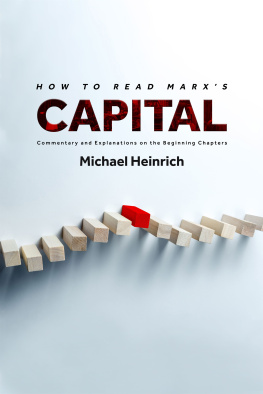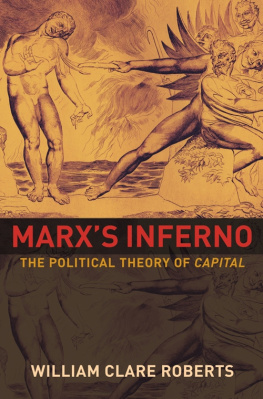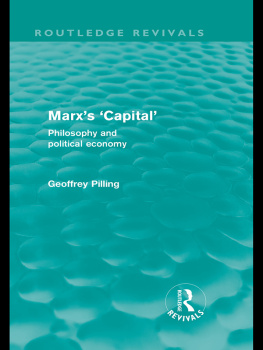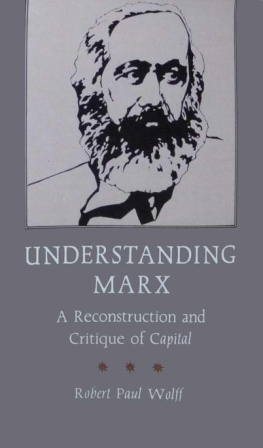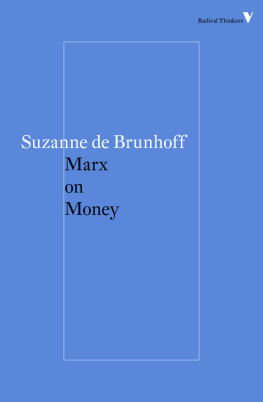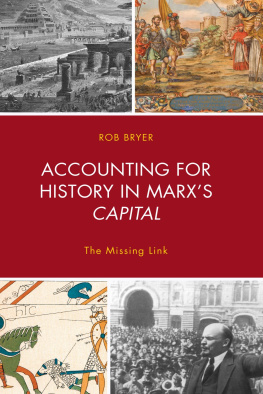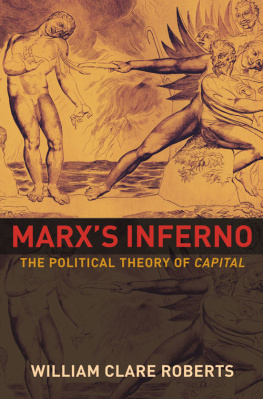Desmond McNeill - Fetishism and the Theory of Value: Reassessing Marx in the 21st Century
Here you can read online Desmond McNeill - Fetishism and the Theory of Value: Reassessing Marx in the 21st Century full text of the book (entire story) in english for free. Download pdf and epub, get meaning, cover and reviews about this ebook. year: 2020, publisher: Springer International Publishing, genre: Romance novel. Description of the work, (preface) as well as reviews are available. Best literature library LitArk.com created for fans of good reading and offers a wide selection of genres:
Romance novel
Science fiction
Adventure
Detective
Science
History
Home and family
Prose
Art
Politics
Computer
Non-fiction
Religion
Business
Children
Humor
Choose a favorite category and find really read worthwhile books. Enjoy immersion in the world of imagination, feel the emotions of the characters or learn something new for yourself, make an fascinating discovery.
- Book:Fetishism and the Theory of Value: Reassessing Marx in the 21st Century
- Author:
- Publisher:Springer International Publishing
- Genre:
- Year:2020
- Rating:5 / 5
- Favourites:Add to favourites
- Your mark:
Fetishism and the Theory of Value: Reassessing Marx in the 21st Century: summary, description and annotation
We offer to read an annotation, description, summary or preface (depends on what the author of the book "Fetishism and the Theory of Value: Reassessing Marx in the 21st Century" wrote himself). If you haven't found the necessary information about the book — write in the comments, we will try to find it.
This book demonstrates the continuing relevance of Marxs critique of the capitalist system, in which value is equated simply with market price. Marxs concept of fetishism is explored in detail, including the distinction between commodity fetishism and other forms: of money, capital and interest-bearing capital. Marxs theory of exchange-value is analysed in relation to those of Ricardo and Samuel Bailey. The case is made for understanding value by analogy with language, followed by a critical assessment of Structural Marxism. Marxs focus on the social relations of production is broadened to also include exchange and consumption. A lengthy final section critically assesses recent Marx-inspired literature relating to the two major crises of our time, finance and the environment.
An outstanding and original book. Professor Emeritus Geoff Harcourt, University of New South Wales, Australia
Today, more than ever, it is necessary to re-visit why and how our lives are increasingly lived through commodities real and fictitious. This erudite and astute reading of Marxs notion of fetishism is precisely what is needed in order to recover the experience of the social that lurks within the simulacrum of the thing. Erik Swyngedouw, Professor of Geography, The University of Manchester, UK
Desmond McNeills beautifully written and very accessible book deals with one of the most fundamental of social science issues: why we must distinguish (but generally dont) value from price. Robert H. Wade, Professor of Global Political Economy, London School o Economics and Political Science
Discussion throughout is extraordinarily accomplished, well-written, well-informed, a pleasure to read, insightful and of considerable synthetic originality. Ben Fine, Emeritus Professor of Economics, School of Oriental and African Studies (SOAS), UK
Desmond McNeills deep and broad learning brilliantly illuminates his exegesis of Marxs relevance to our understanding of the contemporary capitalist world of neo-liberalism. James C. Scott, Sterling Professor of Political Science and Anthropology
This brilliant book shows what may still come of a careful reading of Marx demands to be read not only by economists, but by sociologists and anthropologists. Christina Toren, Professor of Social Anthropology, University of St Andrews Ben Fine, Emeritus Professor of Economics, School of Oriental and African Studies (SOAS), UK
Desmond McNeill (PhD, economics, University of London) graduated from Cambridge University in 1969. He has been a lecturer at University College London and the University of Edinburgh and recently retired from the Centre for Development and the Environment, at the University of Oslo, Norway, where he had formerly been Research Professor and Director.
Desmond McNeill: author's other books
Who wrote Fetishism and the Theory of Value: Reassessing Marx in the 21st Century? Find out the surname, the name of the author of the book and a list of all author's works by series.

